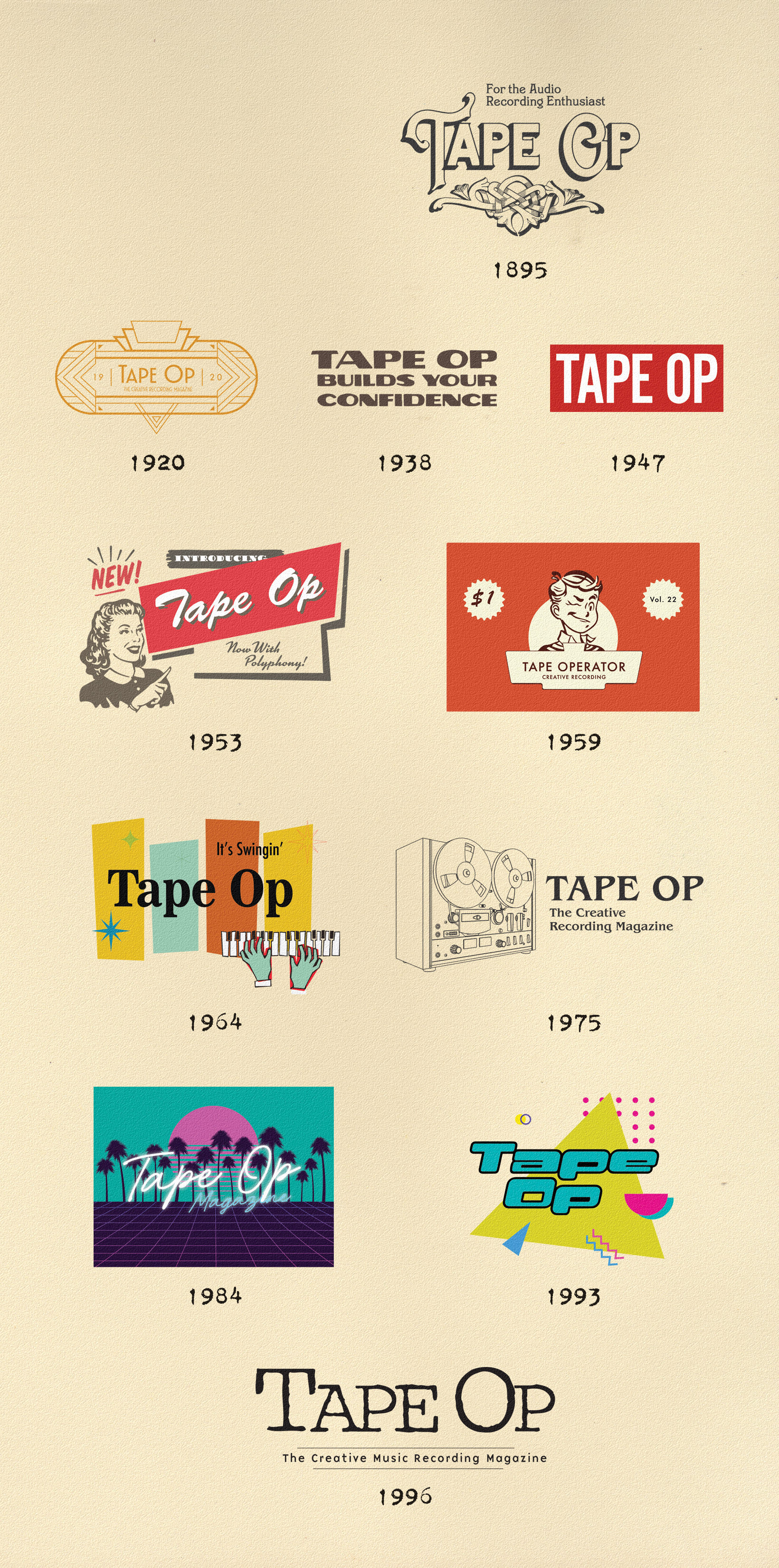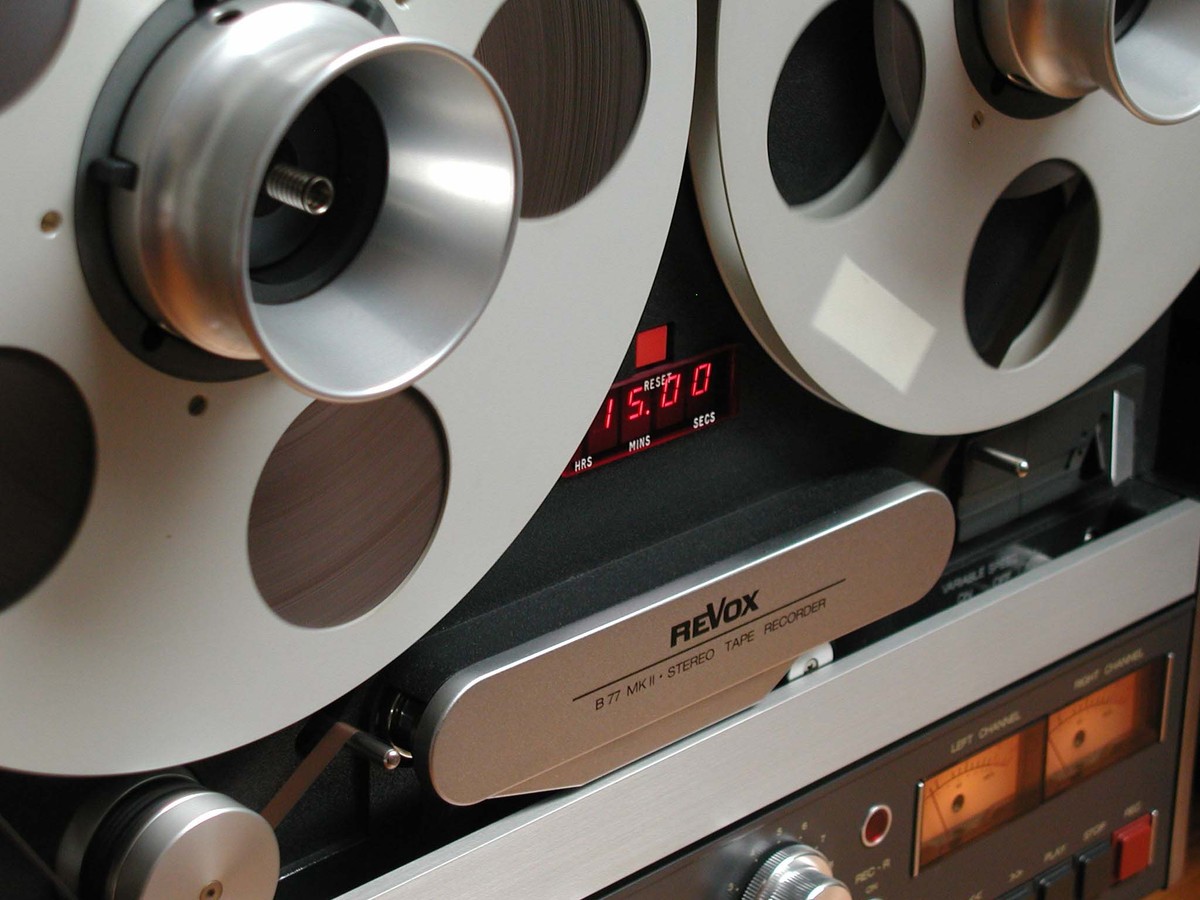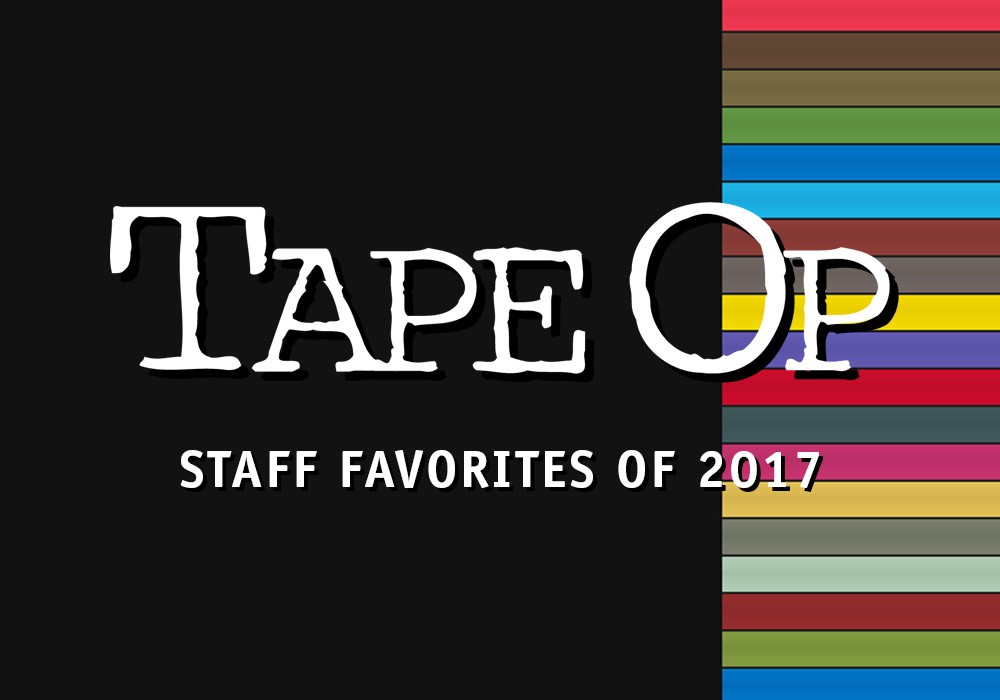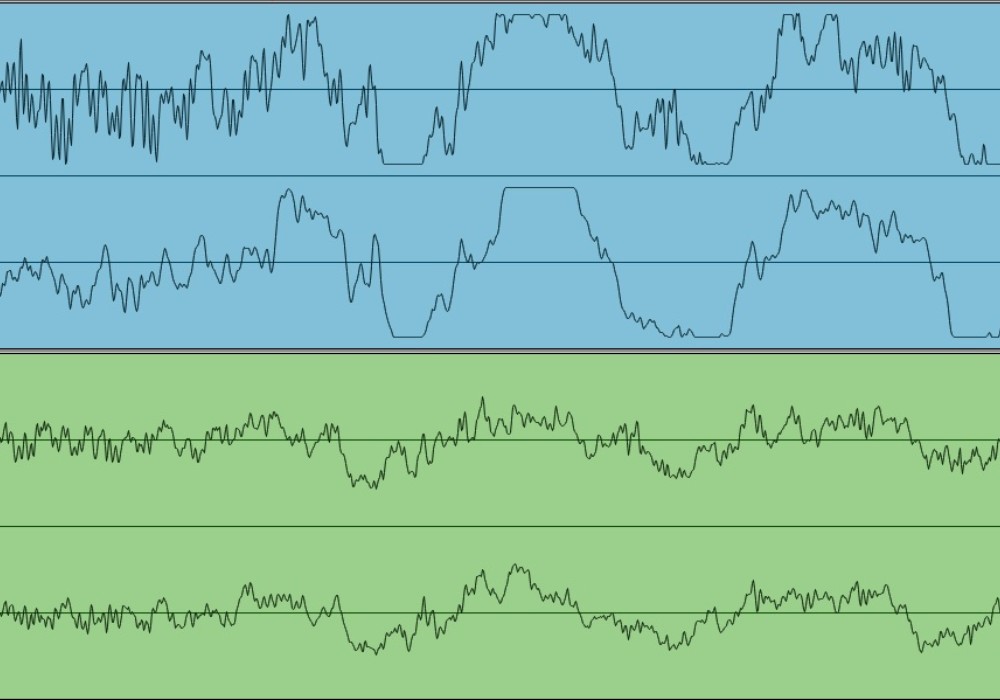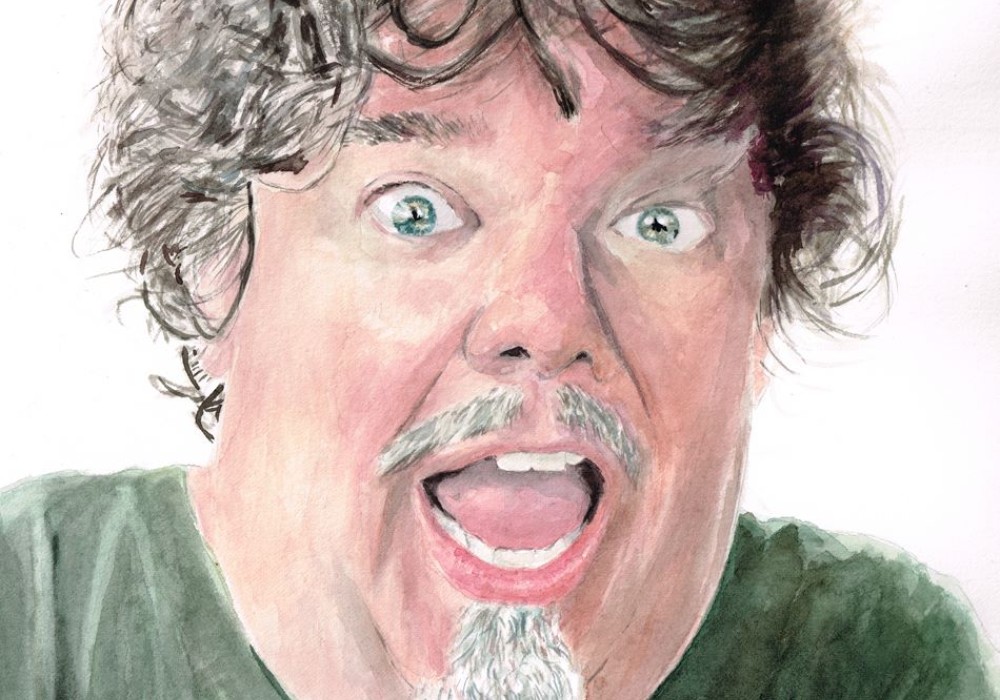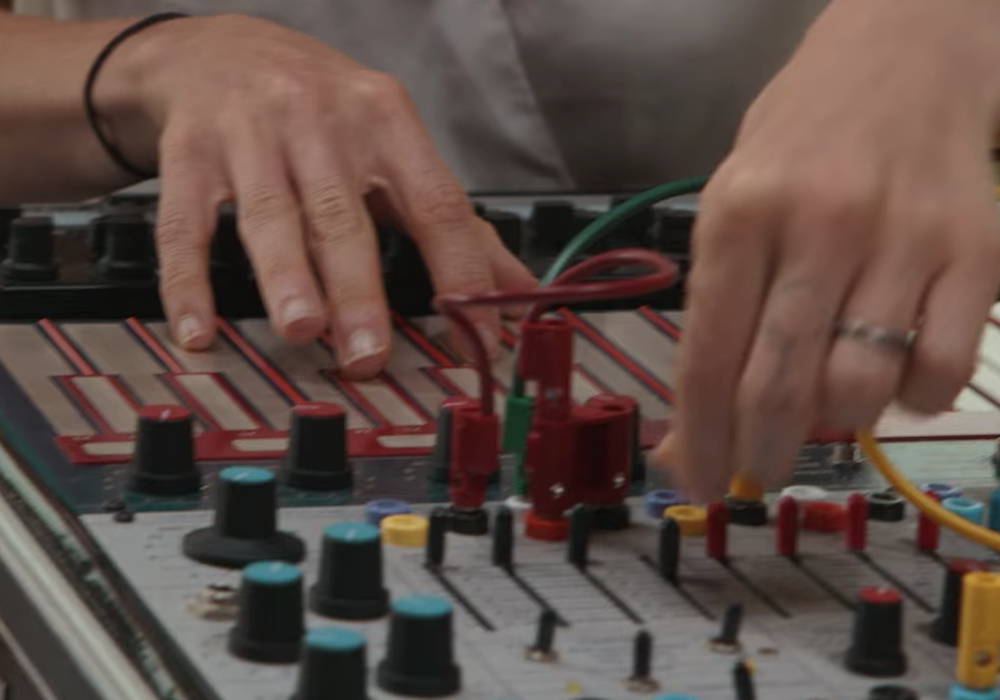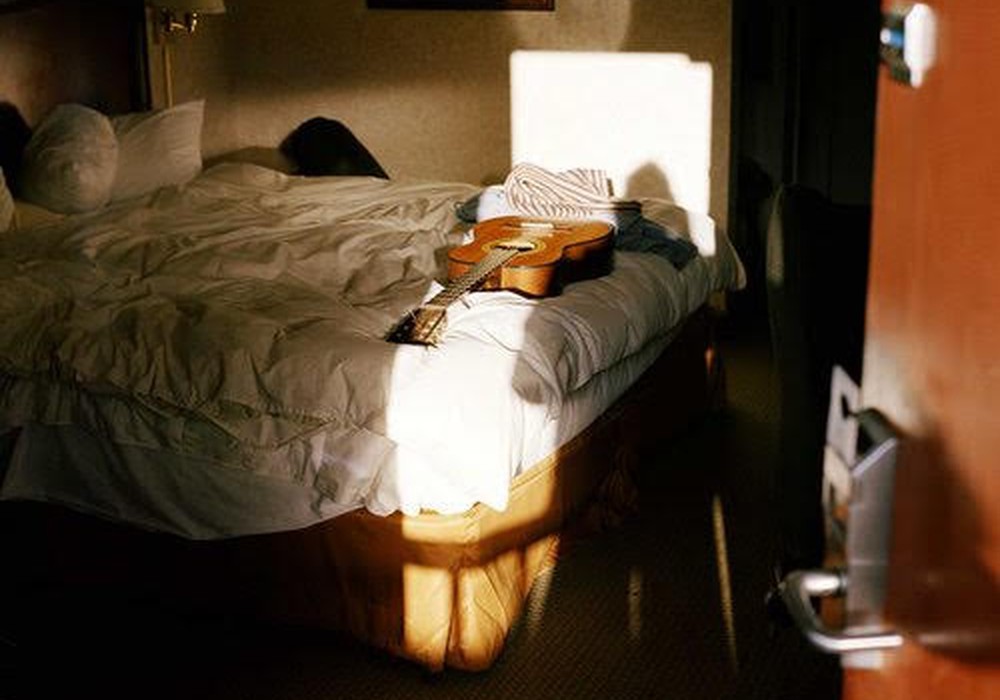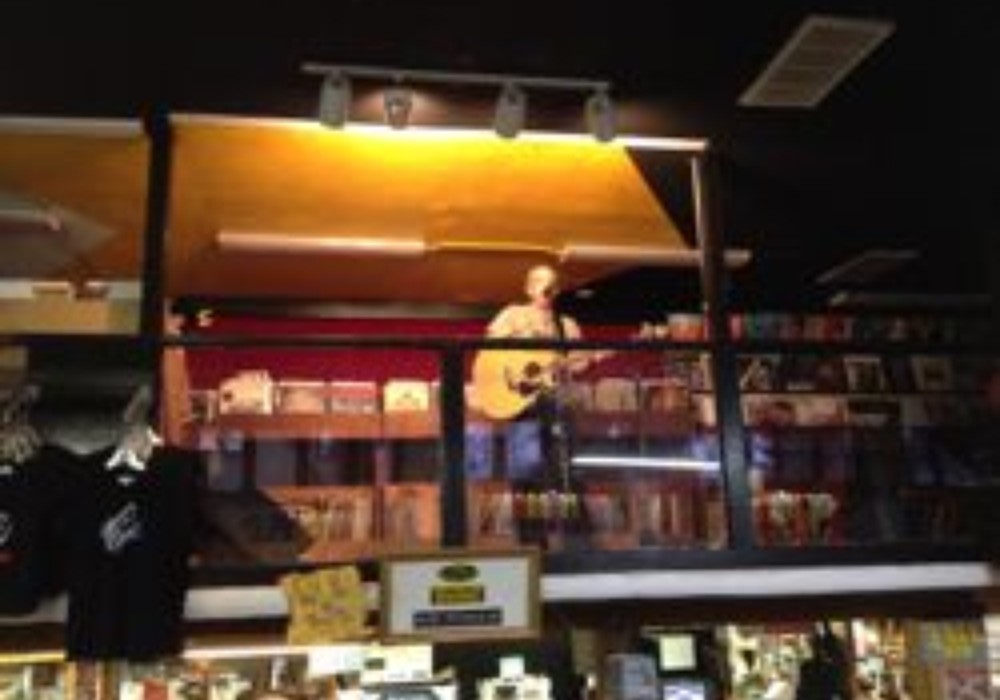Let's take a look at my studio, as it sits quietly today receiving some needed service and the ensuing reflection that comes with tech-days.
I just had to take my Studer A80 1/2" machine apart because the manual brakes (which make it stop when you press stop) were not gripping very well any more. I pulled out the manual for the deck, in which each and every single part of the machine is laid out in detail with explanations about how to fix it, found the page for the manual brakes, and eventually got in there and removed the drums and saw that the braking surface was, indeed, worn. I tried a few things, like scuffing and cleaning them, but they're shot. Cost of a new set of drums? About $300 plus shipping from Germany.
Across from my Studer machine is a Macintosh computer that houses a Pro Tools HD card and some converters in a rack - it's my digital rig. That also needs replacement parts soon. The computer wont load the operating system that will run the new version of Pro Tools.The HD card has been replaced in their product line-up with the new, rather expensive, HDX card, and, thankfully, I bought Lynx Aurora converters, so I can just change the port card on those if I need to go to a different porting format to accommodate a new computer and/or sound-card.Nothing is actually broken in my digital rig, and my system works fine, but eventually I'm going to need to upgrade, as any professional studio must, at some point, to remain compatible with the rest of the changing world. Cost of new computer, software, cards, port card, etc?I shiver to give you the number, but there would be five digits before the decimal point. And those five digits are coming sooner than later.
I bet you can already see where this is headed.Blah, blah, blah, another gray-beard going on about the wonders and value of analog. Planned obsolescence sucks....yadda yadda.
But, here's the thing. I'm completely freaking out about Neil Young's new Pono system. In a nutshell, he's going to be bringing to market an iPod-like device that will play 192khz, 24-bit transfers directly off of master recordings - essentially as close as you can get to the master tape in digital format. (I know, this will spur a debate about sample rates and all that - I'm not going to debate it. Call me unscientific, that's a title I can own. Whatever, 192khz can't be worse than lower SRs.) Anyways, the Pono-pod will have a killer hi-res digital-to-analog converter, a great clock, a really good headphone amp and line driver. It's basically going to be a mastering-grade digital playback system that stores and plays actual hi-res masters and fits in your pocket.
To guarantee that you're not playing a 192khz version of a craptacular MP3, Pono is going to be working on a guarantee system in which the artist and labels assure the provenance of the Pono file. And wouldn't you like to know that that 180gram vinyl you're getting was an analog-to-analog transfer? Or, at least, of the very best quality possible?
And this is where my Studer repairs start to look really cheap, and my analog gear starts to look less retro and pretty futuristic.
We will learn again to demand fidelity, I know it.I am a believer in fidelity. I am a believer in the aesthetic revolution that will bring back to people a sense of wonder and awareness about recorded music and undo this casual, whatever-with-fidelity-treat-it-like-a-used-Coke-can attitude toward one of the greatest art forms ever conceived by mankind. I believe the MP3 is a piece of shit, a scourge on art and beauty, an evil impostor.
So, $300 to fix the brakes on my Studer - the machine that will capture the highest resolution possible for archiving the works I have the privilege to have a hand in making, and the same machine that will allow me to make the Pono guarantee. $300 that will also raise the value of my recording rig without replacing it. $300 that actually fix something that's broken vs. $XX.XXX dollars to replace something that's not broken, that wont sound much different (if at all) and will likely be obsolete in another six to seven years.
So, while I will admit that I'm certainly saying something that more than a few other gray-beards grumble about every time they begrudgingly sit down at a computer to work, I have to say that Neil Young may have just done something really interesting to the economics of analog-vs-digital, because it is my prediction that more and more people are going to start listening to Pono, start realizing how amazing, say, an all-analog recording of Aretha sounds when it goes direct to Pono, and suddenly the pain-in-the-ass $300 brake drums seem like the cheapest thing on the planet, as your $7000 plugin bundle starts selling for $300 on eBay and your fast-as-a-Ferrari-computer-when-you-paid-out-the-wazoo-for-it suddenly wont load the latest version of whatever DAW you need to run, which will also just cost you $1k in upgrades that include next-to-zero-new-features and possibly a new plugin format that drove down the value of your $7k software package anyways.
And don't get me started on the rising value of my console's channel strips vs. the plugins. Seriously, I have some unexplained-and-overwraught-passion about that particular topic. That console was the smartest thing I've bought in decades. API can't make it obsolete, can't take it away, can't really do much but offer me support and parts and cheer me on, as they do. By the way, that enduring technology was also develped about forty years ago.
I started skateboarding in the late 1970s. I could do a 360 when I was 7. I also had a bowl-cut and tube-sox. I was rad. This was a time when skateboards were being made of fiberglass, plastic, aluminum - it was an age of much innovation in skateboard technology, and everyone had to have the latest, new, cool, skateboard. Things were changing fast. I craved a fiberglass Hobie and finally got it! And then it snapped under the weight of my 11-year-old-100lbs-maybe body. And I had all the plastic types, which, frankly, sucked ass. And my friend had an aluminum board that looked really cool but also sucked ass to ride and got scraped on the edge so that it cut your fingers when you picked it up (ouch! crap!). And then, finally, I got an older wooden board. Wood. The original material. The simple material. The real material. The material that all serious skateboards are made from today. The material that we collectively arrived at through intelligent and soulful assessment of what was the best ride available.
When it comes to recorded music, I have that feeling that in 2013 we're pretty much where skateboards were in the 70s. We've seen an incredible amount of innovation around new technologies, but slowly, and surely, we're all kind of realizing that the old stuff really hit the mark. Vinyl is back and only getting more and more popular (I have to pinch myself to make sure I'm not dreaming). And, due to Pono, my Studer - over 30-years old - is fast becoming the most relevant machine in my studio!
$300 for brake drums. I'm lucky they're that cheap.
Dear reader, I beg you to think twice as you look at your next investment. Is this going to be relevant in the Age of Pono? Is it going to last me a long time? Is it reasonably priced? What are my alternatives? I'm not telling you what to buy, believe me please. I am only suggesting that we all start to see the analog obsession not as a nostalgic look backward, but perhaps as a very wise look forward.
As always, I'd like to thank Neil Young for being brave, bold and for believing in the power of music to move us. Neil, the aesthetic revolution will be beautiful!
Allen Farmelo
Brooklyn NY 1-17-13
